
Octride 0.05mg Injection
₹305.00
Check Delivery
🏥 Prescription Required
This product requires a valid prescription. You can upload your prescription during checkout or after placing your order.
Add to cart
Buy Now
Product overview
Octride 0.05mg Injection is prescribed for conditions such as acromegaly, carcinoid tumors, and bleeding from esophageal varices. It is also sometimes used after pancreatic surgery to reduce the chances of complications.
This injection is always administered by a healthcare professional; it is not meant for self-use. The dosage and frequency depend on your condition and will be determined by your doctor. To get the best results, it should be taken on a regular schedule and continued for as long as your doctor advises, even if you begin to feel better.
Possible side effects
Some individuals may notice digestive discomfort like diarrhea, nausea, constipation, bloating, or stomach pain. Headache and increased blood sugar levels can also occur, along with mild irritation at the injection site. These reactions are usually short-lived, but if they persist or worsen, you should let your doctor know.
Medical uses
This medicine is commonly used in the management of acromegaly by controlling excess growth hormone, which helps reduce symptoms such as enlarged extremities, joint pain, and facial changes. It is also beneficial in managing carcinoid tumors and in controlling bleeding from veins in the food pipe by tightening blood vessels.
How it works
Octride 0.05mg Injection acts in a way similar to the natural hormone somatostatin. It reduces the effects of hormones like growth hormone and slows down the release of certain substances, which helps relieve symptoms and reduce bleeding.
How it is given
The injection is administered only by a doctor or nurse. You should not attempt to inject it yourself.
Precautions and safety advice
Alcohol – It is not clearly known if alcohol can be taken with this medicine, so seek advice from your doctor
Pregnancy – Generally considered safe if prescribed; animal studies have shown little to no risk, though human data is limited
Breastfeeding – Probably safe; available data suggests no major harm to the infant
Driving – This medicine does not usually interfere with driving ability
Kidney – Usually safe for people with kidney problems, dose adjustment is not required in most cases
Liver – Should be used with caution in liver patients; your doctor may adjust the dose if necessary
Missed dose guidance
If you forget a dose, take it as soon as you remember. If it is nearly time for your next scheduled injection, skip the missed one and continue as advised. Never take two doses together to make up for a missed dose.
Vendor Information
- Address:
- No ratings found yet!

















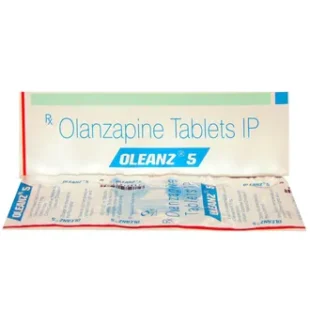
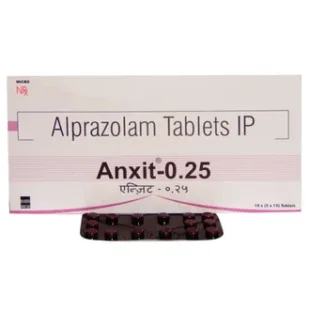

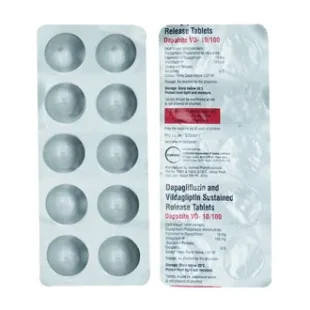
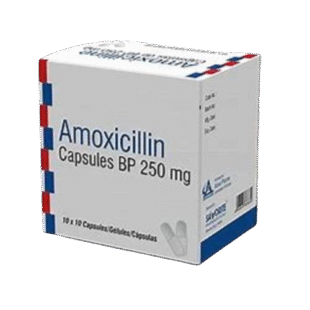
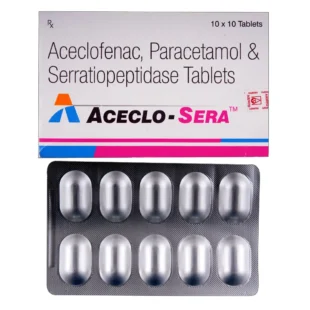

Reviews
There are no reviews yet.